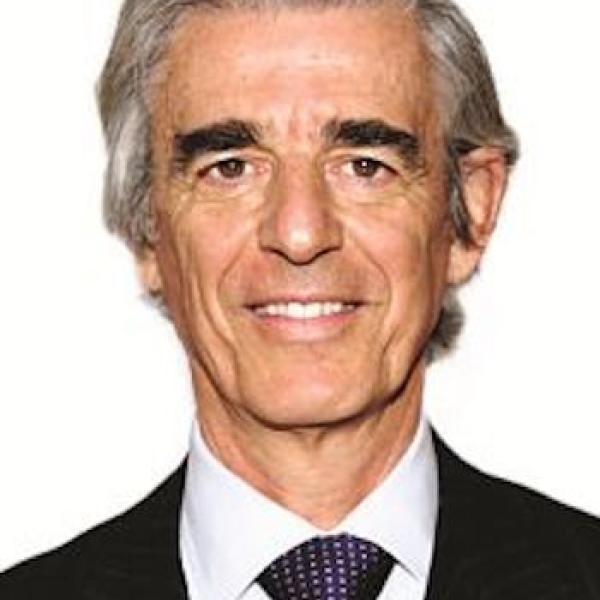Leaving Delaware? The Essential Role of Specialized Corporate Courts
Key Finding
Specialized corporate courts are vital third parties that limit intervention to conflicts of interest, leaving business decisions to shareholders
Abstract
Following the Delaware Court of Chancery’s invalidation of Elon Musk’s $56 billion compensation package, Tesla moved its incorporation from Delaware—the long-preferred state for incorporation—to Texas. The ensuing legal battles did not end with calls to dethrone Delaware’s Chancery through interstate competition. Musk, wielding his tentacular influence on the Executive, has also threatened to lobby for federal intervention over what he perceives as a runaway Chancery. Shortly thereafter, the Delaware legislature, to protect Delaware’s incorporation position, passed the most sweeping corporate law changes in over fifty years.
Both those siding with Musk and those siding with Delaware’s judiciary have accused the other of prioritizing politics over substance. Yet neither side has addressed the heart of the matter: What is the proper role of a specialized judiciary entrusted with resolving corporate disputes?
This Article presents a novel theory for the unique necessity of specialized corporate courts. Corporate disputes are distinct because they arise within ongoing relationships between shareholders and management, governed by an incomplete contract. To mitigate managerial disloyalty or incompetence, shareholders can replace managers or sue them for breaches of fiduciary duties. In this dynamic, the court becomes a third party to the incomplete contract, deciding which claims merit judicial intervention and which should be resolved by shareholders.
Judicial review in corporate law thus culminates in claim dismissal specialization, exemplified by the business judgment rule. This Article reveals a new rationale for the business judgment rule as a tool for specialized courts to limit judicial intervention to cases of conflict of interest, while referring mismanagement cases to shareholders.
Properly understanding the role of specialized corporate courts has far-reaching legal implications. It demonstrates that Delaware’s Chancery Court has largely fulfilled its intended role while also highlighting its limits with respect to both shareholders and legislatures. With its home reincorporation, Texas can offer Tesla insulation from hostile takeovers and hedge-fund activism, prioritizing long term business strategies and the welfare of employees and the broader community. Finally, the Article provides the policy blueprint for the over twenty other states that have entered the specialized corporate courts arena.





